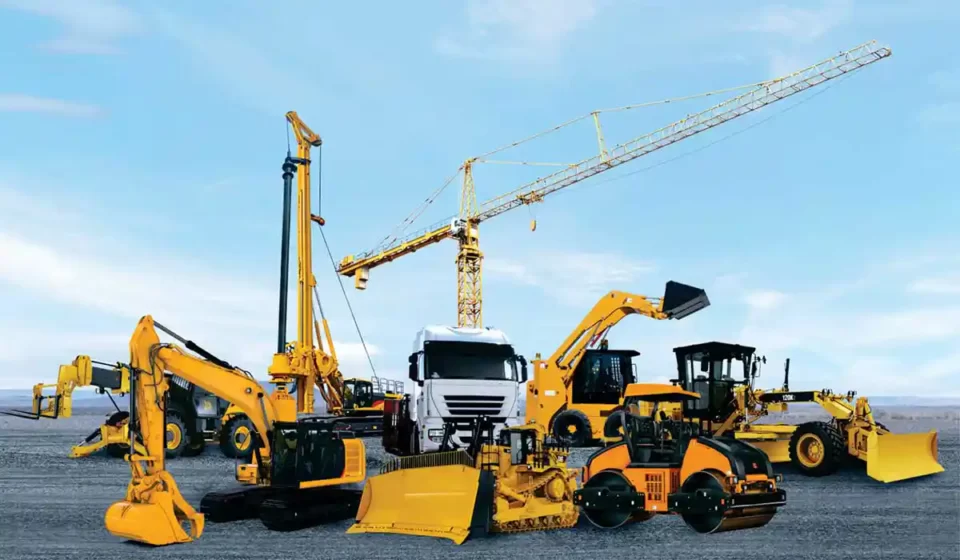In the ever-evolving landscape of heavy construction equipment, the role of a heavy construction equipment dealer is more critical than ever. As we look ahead, it’s clear that the future of heavy construction equipment dealerships in the United States holds exciting possibilities and challenges. This article will explore what lies ahead for these vital players in the construction industry.
- Advanced Equipment Technology
Integrating advanced technology into machinery is one of the most significant trends shaping the future of heavy construction equipment dealerships. Equipment manufacturers increasingly incorporate telematics, GPS tracking, and automation systems into their products. These technological advancements offer benefits like real-time equipment monitoring, predictive maintenance, and increased efficiency.
Heavy equipment dealerships will likely be crucial in educating customers about these technologies and supporting their implementation. They will need knowledgeable staff capable of explaining the advantages of these systems and helping customers integrate them into their operations.
- Online Sales And Rental Platforms
The digital revolution has transformed how we shop for almost everything, and heavy construction equipment is no exception. The future will see a continued shift toward online sales and rental platforms. Customers can browse equipment catalogs, compare prices, and make transactions from the comfort of their offices.
Equipment dealerships must invest in robust online platforms to stay competitive. This includes user-friendly websites, 3D equipment modeling, and secure e-commerce capabilities. Additionally, dealers must offer comprehensive information, including equipment specifications, pricing options, and financing details, to assist customers in making informed decisions online.
- Sustainability And Environmental Concerns
Environmental sustainability is an increasingly important consideration in the construction industry. Heavy equipment dealerships will likely need to adapt to the growing demand for eco-friendly equipment and practices. This could involve offering a broader range of electric or hybrid machinery, promoting fuel-efficient equipment, and providing guidance on environmentally responsible construction practices.
Moreover, dealerships can collaborate with manufacturers to develop initiatives to reduce the carbon footprint of the equipment they sell and promote recycling or refurbishment programs to extend the lifespan of machines.
- Rental And Leasing Options
The future of heavy construction equipment dealerships will involve diversifying their service offerings to meet various customer needs. One such area is rental and leasing options. Many construction companies prefer the flexibility and cost savings of renting equipment instead of purchasing it outright.
Dealerships must expand their rental fleets and develop competitive leasing packages to cater to this demand. Offering shorter-term rentals, rent-to-own options, and lease-purchase agreements can help attract a wider customer base.
- Enhanced Customer Support And Training
As equipment becomes more complex, dealerships must provide robust customer support and training services. This includes offering training programs for operators and maintenance staff to ensure machinery’s safe and efficient use.
In addition to technical support, future dealerships may employ augmented reality (AR) and virtual reality (VR) technologies to provide remote assistance and virtual training sessions. This will enable customers to receive expert guidance and troubleshooting without needing on-site visits, saving time and money.
- Data-Driven Decision-Making
The future of heavy construction equipment dealerships will be increasingly data-driven. Dealers will collect and analyze equipment usage, maintenance, and performance data to offer tailored solutions to their customers. This data can help predict maintenance needs, optimize equipment fleets, and improve project efficiency.
In conclusion, heavy construction equipment dealerships in the United States are poised for an exciting transformation in the coming years. Embracing technological advancements, prioritizing sustainability, expanding service offerings, and enhancing customer support will be key factors in staying competitive and meeting the evolving needs of the construction industry. By staying ahead of these trends, dealerships can look forward to a prosperous future.


